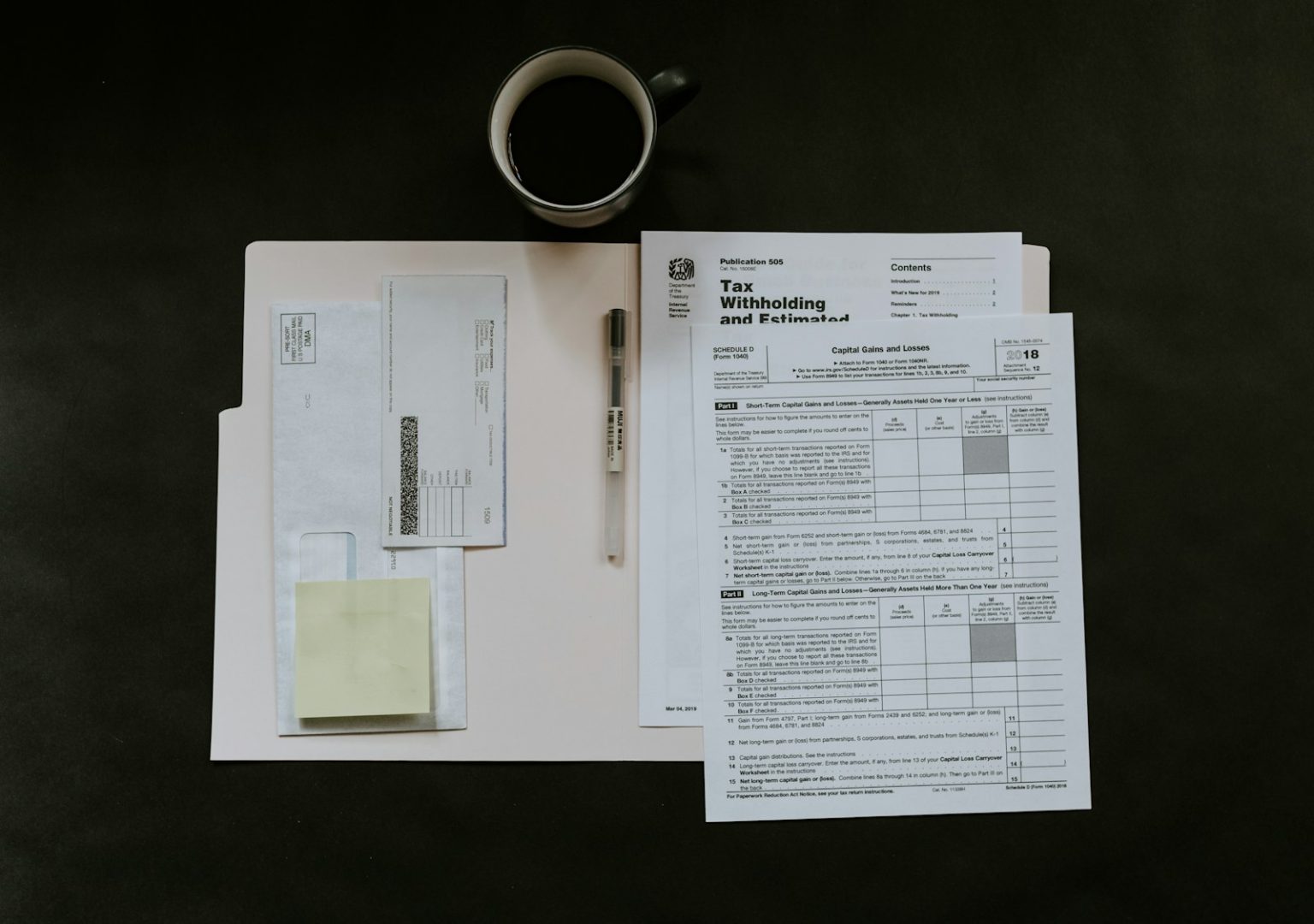As a small business owner, I’m always looking for legitimate ways to reduce my tax burden. One of the most powerful yet underutilized strategies is something called the Augusta Rule. This IRS provision allows business owners to rent their personal residence to their business for up to 14 days annually, creating a tax deduction for the business while providing tax-free income to the homeowner.
Let me be clear: this isn’t about gaming the system—it’s about using the tax code as it was designed. The government created these incentives to reward entrepreneurship, and it’s our right to take advantage of them.
How the Augusta Rule Works
The concept is straightforward. If you own a business and a home, you can rent your residence to your company for business purposes like employee meetings, training sessions, or client events. Your business gets a legitimate deduction, and you receive income that’s completely tax-free.
What makes this strategy so powerful is that the rental income you receive personally is not taxable—zero taxes owed. Meanwhile, your business can deduct the full amount as a legitimate business expense. It’s a rare win-win situation in the tax code.
Common Mistakes to Avoid
Many entrepreneurs make a critical error when implementing this strategy. They base their rental rate on their mortgage payment rather than market value. This is incorrect and could trigger IRS scrutiny.
The proper approach is to charge what the market would bear for a comparable property. For example, if there’s a major event in town like the Super Bowl or a tech conference, rental rates typically surge. Your property qualifies for those higher rates too.
When determining your rental rate, consider these factors:
- Current short-term rental rates in your area for similar properties
- Special events or peak seasons that justify premium pricing
- The specific amenities and features your property offers
- The purpose and nature of the business event
Recently, I hosted a two-day mastermind retreat at my 8,000 square foot home. Based on comparable properties, I charged my company $3,000 per night—a conservative rate for the value provided. If I were to use all 14 allowable days at this rate, that would be $42,000 deductible to my business and completely tax-free to me personally.
Doing It Right: Documentation Is Key
This strategy isn’t about cutting corners—it’s about following the rules precisely. The IRS allows this benefit, but you must implement it correctly.
To properly document your Augusta Rule implementation:
- Create a formal residential lease agreement between yourself and your business
- Document the business purpose of each event with agendas and attendee lists
- Take photos or record video of the business activities
- Keep records of comparable rental rates to justify your pricing
- Ensure proper payment from your business to your personal account
Remember, this isn’t tax evasion—it’s a legitimate tax strategy when executed properly. Make it real, make it legal, and make it count.
The Entrepreneur Advantage
One of the greatest benefits of entrepreneurship is the ability to design your lifestyle while receiving tax advantages that employees simply don’t get. While employees can’t write off their lifestyle expenses, entrepreneurs can structure their affairs to maximize legitimate tax benefits.
This isn’t tax evasion. It’s transformation.
The Augusta Rule is just one example of how the tax code rewards business owners. By understanding and properly implementing strategies like this, you can legally and ethically reduce your tax burden while building wealth.
As entrepreneurs, we take risks that others won’t, create jobs, and drive innovation. The tax code recognizes this contribution with provisions like the Augusta Rule. It’s not just smart business—it’s your right as a business owner to use every legitimate strategy available.







